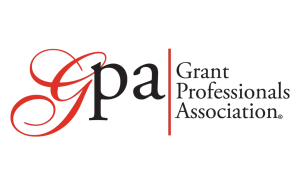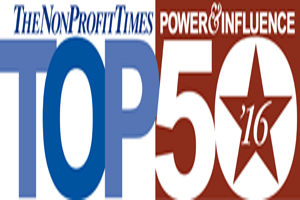Competition for federal grants is blistering. Not only are you competing with organizations throughout the country, you are also competing with some nonprofits whose proposals are developed by consulting firms.
With a professional project manager, writer, reviewer, and editor experienced in the targeted competition, clients get high-level handholding and a competitive edge. “The stakes are so high that those who can afford it consider the expense of consulting services worth the competitive kick,” said Barbara Floersch, grants expert and author of You Have a Hammer: Building Grant Proposals for Social Change. “Not all those proposals win awards, but clients generally win more than they lose and find the risk palatable.”
But smaller organizations can rarely afford the buy-in cost of ongoing work with a consulting firm, and for a massive proposal requesting millions of dollars, the fee of an independent consultant can also be out of reach. A complex federal grant can take more than 200 hours to produce and fees for top-level consultants range from $100 to $200 per hour.
To help lean nonprofits stay in the game, Floersch offers these suggestions.
- Invest in professional development: Make sure several people on your team are comfortable with the labyrinth-like online systems through which federal awards must be submitted. Make sure the lead writer in tied into professional networks and participates in ongoing training.
- Study federal agencies related to your issue area to stay on top of possible, forecasted, and breaking competitions: Losing one or two weeks on the timeline puts you at a significant disadvantage. When competitions reopen annually, use last year’s guidelines to begin roughing out the program plan, gathering data, and rallying community partners
- Only enter races you believe you can win: If there will only be three awards, the federal agency may already know the toughest competitors and likely winners. Even if 30 awards are expected, do not enter the competition unless you have the time and expertise to produce a high-quality request.
- Set up an internal system to mimic a consulting firm. Appoint a project manager to keep the work organized and moving. Be sure the writer has access to information when it is needed—not later. Pay a qualified grants professional familiar with the federal agency to review a draft. You will have to complete the draft a week or two before the hard deadline, but the feedback and guidance you will receive will be invaluable. Appoint an editor or hire an editorial consultant.
Even if you can’t pay a consulting firm to develop your proposal, you can be a top competitor. Hammer out an internal system that supports proactive proposal research and development and that includes judicious use of professional consultants. © copyright 2022, Barbara Floersch











